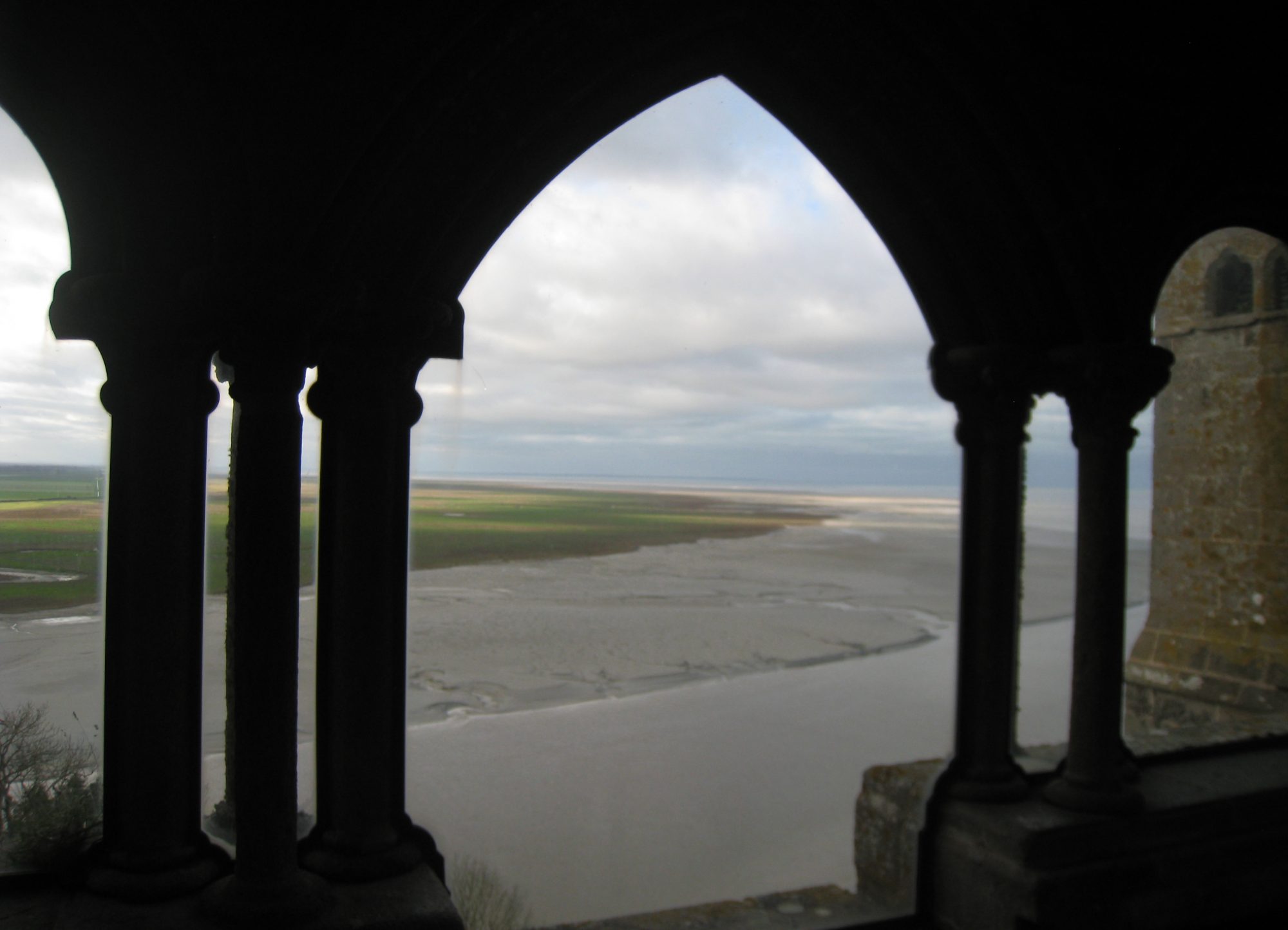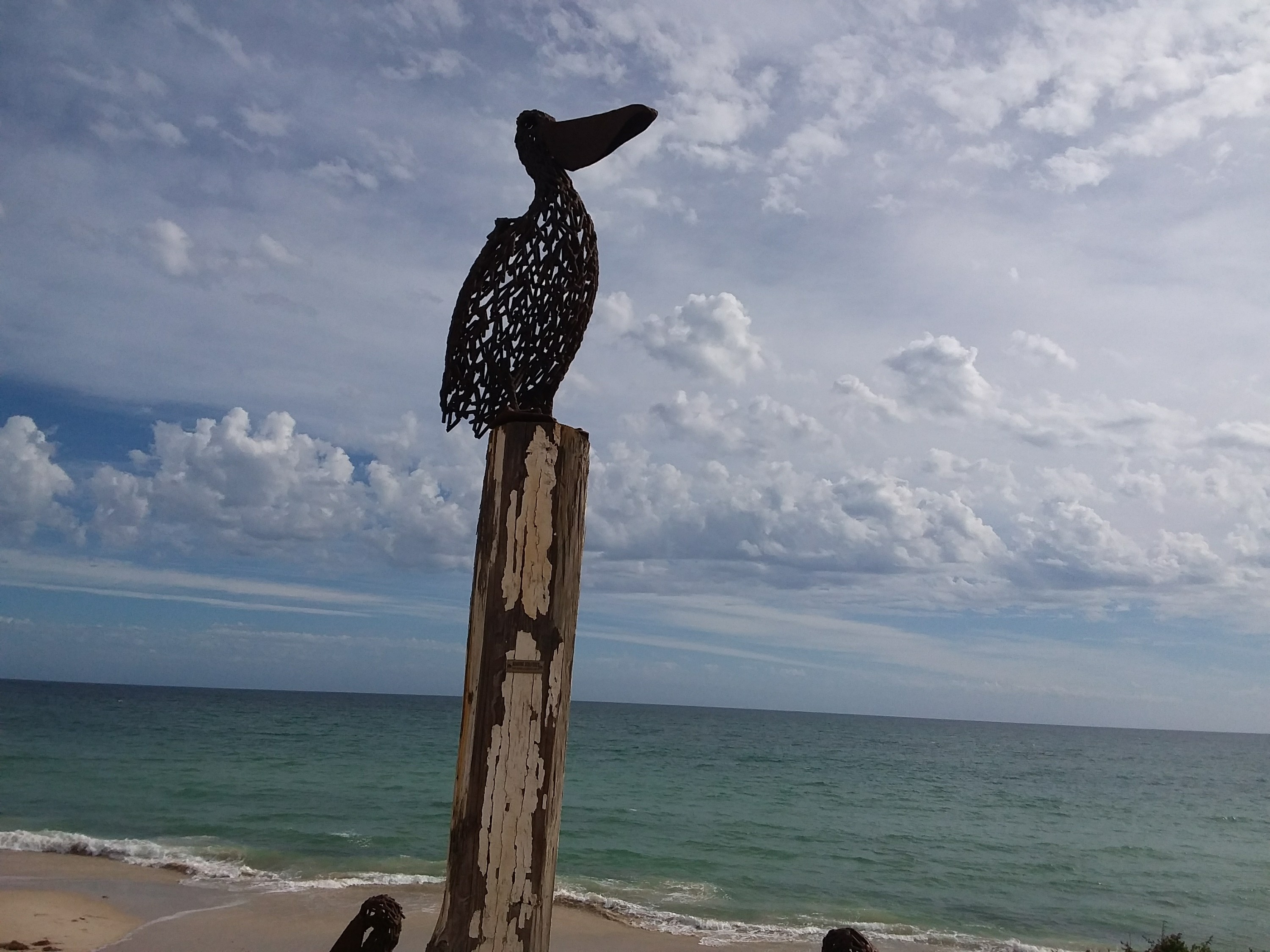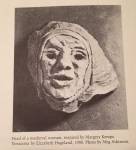Ah, Valentine’s Day. Love it, hate it, or ignore it, it rolls around every year regardless. And while the commercial aspect of Valentine’s Day is very much a modern phenomenon, the day itself has its origins in the Middle Ages.

True, very early foundations for the day can be found in the ancient Roman fertility Feast of Lupercalia which randomly paired young boys and girls in marriage; but it was the later Middle Ages (12th – 14th century) that gave us our current focus on romantic love. At that time, the West experienced a surge of interest in saints’ and martyrs’ legends. One very popular story was that of St Valentine, a priest of the 3rd century who defied the Roman Emperor Claudius II’s ban on the marrying of Christian couples, and proceeded to perform marriages in secret. For his efforts, St Valentine was executed in 278AD and his feast day came to be celebrated on 14th February.
As it happened, too, the medieval people (particularly of France and England) commonly believed that birds began their mating season on 14th February. In his Parlement of Foules (Parliament of Fowls) the great Geoffrey Chaucer recorded the belief for posterity with the words:
For this was sent on Seynt Valentyne’s day
Whan every foul cometh ther to choose his mate
The interest in romantic love had started to establish its presence in the medieval world around the 12th century when prominent people (such as Eleanor of Aquitaine) in European royalty welcomed troubadours and their love songs into courtly society. Before long, life began to imitate art with knights vowing their allegiances to courtly ladies (married as well as unmarried). This courtly involvement is where we get our word (and idea) of ’courtesy’ from. Of course, if the lady rejected the knight’s offer of allegiance, the medieval ‘rules’ of courtly love decreed that the knight would suffer great anguish and pain – the original ‘love sickness’.
Many of the love poems of the Middle Ages express this anguish. The following, again by Chaucer (here in translation from the Middle English), is a great example.
Rondel of Merciless Beauty
Your two great eyes will slay me suddenly;
Their beauty shakes me who was once serene;
Straight through my heart the wound is quick and keen.
Only your word will heal the injury
To my hurt heart, while yet the wound is clean –
Your two great eyes will slay me suddenly;
Their beauty shakes me who was once serene.
Upon my word, I tell you faithfully
Through life and after death you are my queen;
For with my death the whole truth shall be seen.
Your two great eyes will slay me suddenly;
Their beauty shakes me who was once serene;
Straight through my heart the wound is quick and keen.
The juxtaposing of love and pain was common in medieval poetry; and today we find that same blend in poetry, literature and films. Such pairing is, of course, the natural expression of the human experience of love and loss but, today, the pain is regarded as coming more at the end of a relationship than at the beginning. In the Middle Ages, and following the much earlier Roman mythological view, Cupid (and his mother Venus) were presented as the initiators of love (and lust). Cupid would aim his bow and shoot an arrow not into the heart of the soon-to-be-lover but into his eye; that is, the object of his admiration was first pleasing to the eye (in a “love at first sight” way). After that, the heart, and the will, would acquiesce and act on the desire. You’ll notice that Chaucer plays with this “eye-heart” connection throughout the Merciless Beauty poem, and he also highlights the “wounding” and “slaying” aspect. This is especially interesting because “rondel” had another meaning in the Middle Ages. Then, a rondel was also a dagger with a very narrow and needle-pointed blade, perfect for thrusting into another’s heart for a swift and accurate kill.
Let’s hope you get all the love, and none of the pain, on this 14th February.














